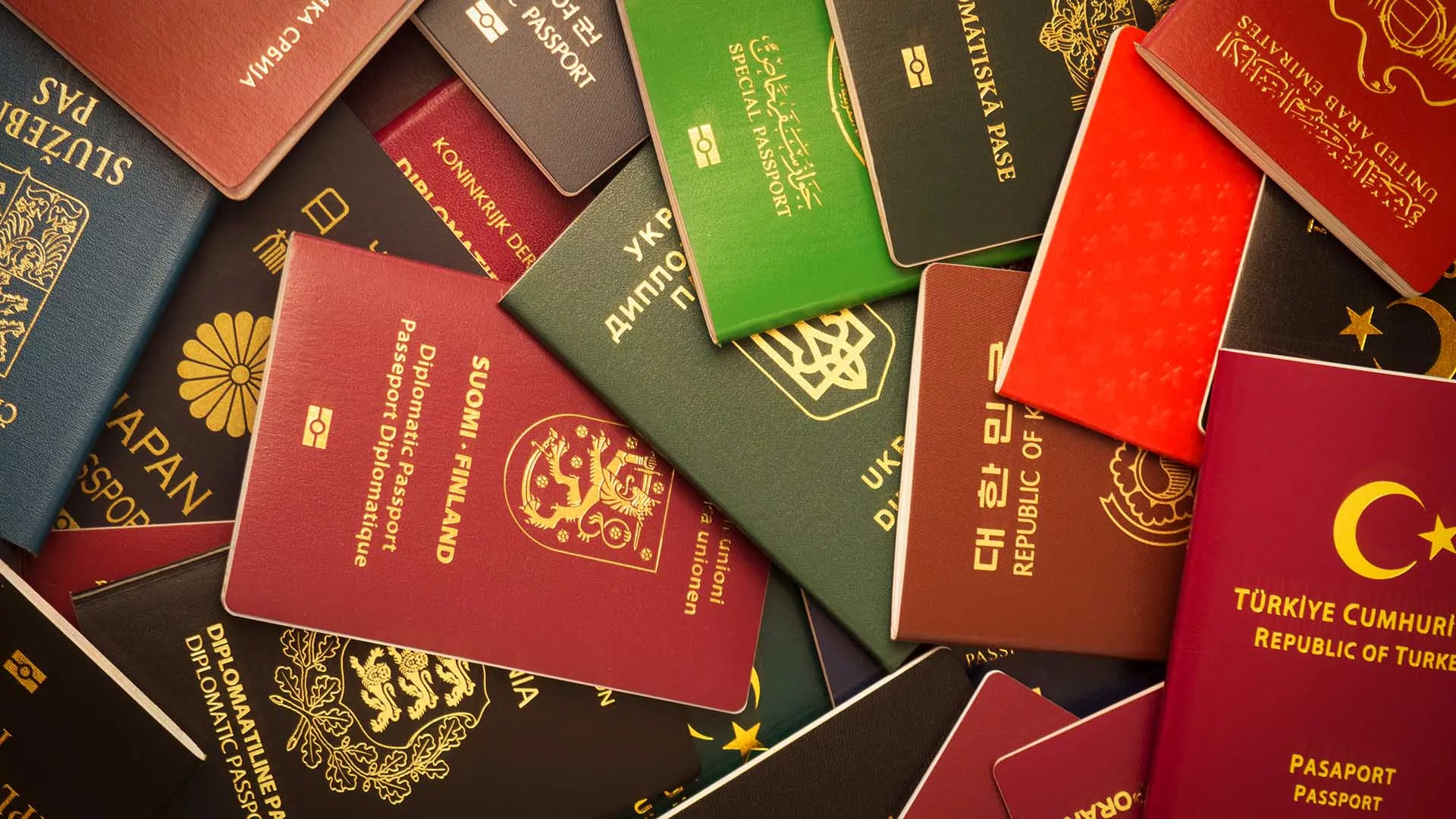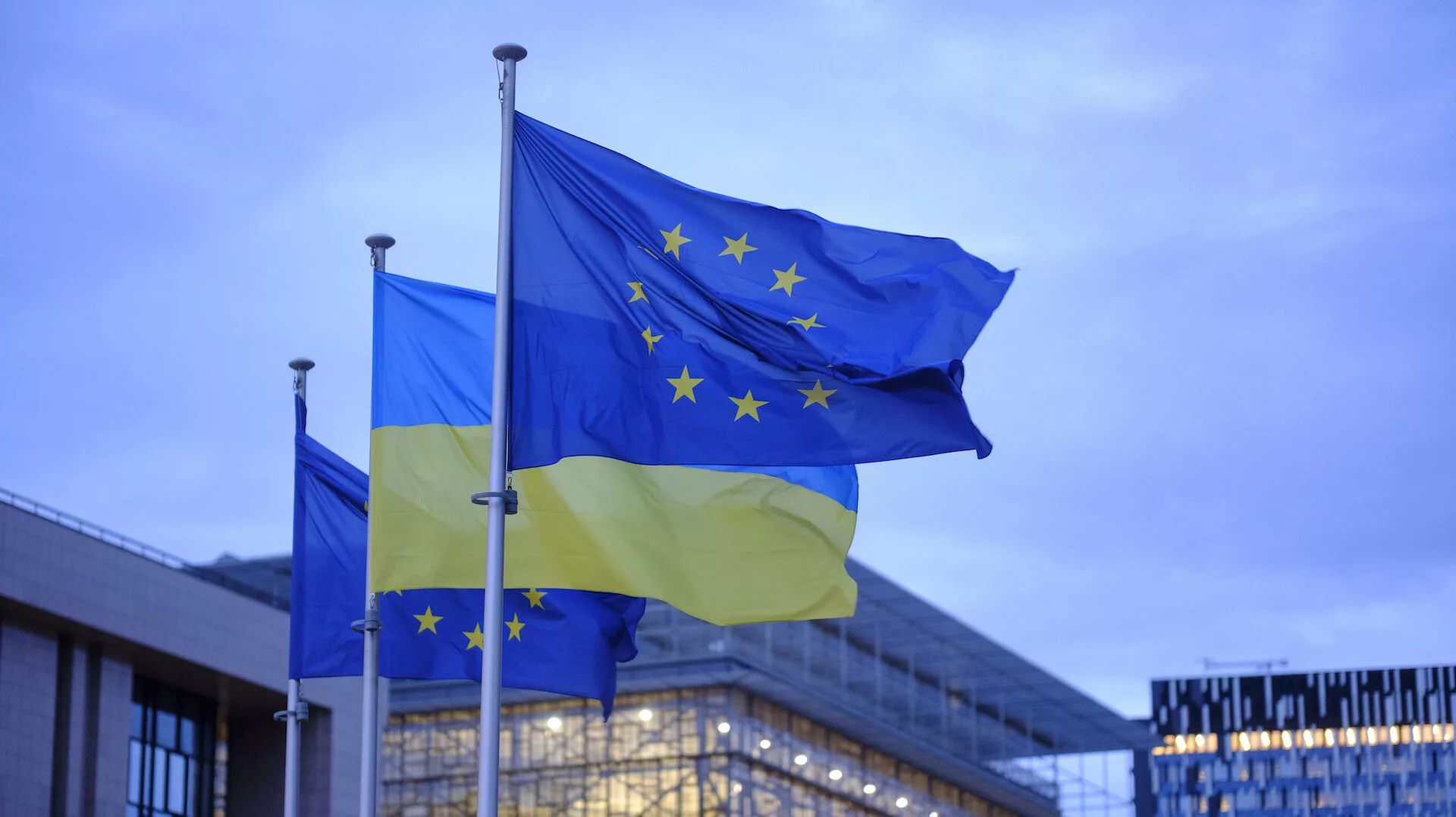

How does the EU Sixth Anti-Money Laundering Directive (6AMLD) measure up?
As further steps are taken through the Brussels legislative machinery to enhance the fight against anti-money laundering, experts give their verdict on the EU’s latest proposals.
2017 saw the implementation throughout the EU28 Member States of the 4th Money Laundering Directive (4AMLD).
Just before Christmas, there was political agreement between the European Commission (Commission), the Council,representing the governments of the Member States, and the European Parliament (Parliament) on measures, colloquially known as “5AMLD,” to strengthen 4AMLD.
It is expected that a formal legal text will be available in Summer 2018.
The additional measures of 6AMLD
However, there are further measures progressing through the Brussels legislative machinery to enhance the fight against money laundering. The Commission proposed these measures as they believe that the existing measures are neither comprehensive nor coherent.
In particular, the Commission suggests that with national differences in the definition, scope and sanctioning of money laundering offences, cooperation between national police forces is sub-optimal. They further suggest that criminals exploit these legislative discrepancies to launder criminal proceeds.
It will be no surprise that these additional measures are popularly called “6AMLD”.
As with all draft EU legislation, the Commission is obliged to send its proposals to both the Council and the Parliament.
Each of these bodies will carefully review the original proposal and will suggest their own revisions to it. All three bodies will then participate in the trialogue process in order to attempt to produce a compromise document that all parties can accept as a new EU law.
However, due to their constitutional agreements with the EU, 6AMLD will have no effect in Denmark, whilst the UK government may elect to opt out of 6AMLD, notwithstanding the Brexit transition agreement.
How is 6AMLD different?
Probably, the most significant element of 6AMLD is to provide a harmonised list of twenty two predicate offences.
Interestingly, environmental crimes fall within the scope of 6AMLD.
Tax crimes, covering both direct and indirect crimes are also in scope, where, according to national law, the minimum prison sentence is more than six months or the maximum sentence is greater than twelve months for any tax offences.
The Commission also includes cybercrime as a predicate offence, which is not explicitly identified in the FATF Recommendations.
By explicitly defining all these predicate offences, 6AMLD will necessarily impose greater obligations on firms. Their staff will have to be trained to recognise possible indicators of all these predicate offences as well as firms having to implement monitoring systems to detect proceeds possibly linked to these offences.
In providing for a common definition of money laundering throughout the EU, the Commission proposes that “self-laundering” falls within the scope of the offence.
In some EU countries, criminals transferring or controlling funds arising from their own criminal activities is not an offence.
It will not be necessary for there to be a criminal conviction for the underlying predicate offence nor will its perpetrator have to be identified in order to secure a conviction of money laundering.
Also, for predicate offences committed in another Member State or third country, the offence must be illegal in both the home State and the other jurisdiction.
As such, this latter provision will remove the “Spanish bullfighter” test where funds derived from bullfighting in Spain, where it is legal, would be deemed a predicate offence in many other Member States where bullfighting is illegal.
Aiding, abetting and attempting to commit an offence of money laundering will also be illegal.
Member States covered by the Directive must implement effective, proportionate and dissuasive criminal sanctions.
Individuals convicted of a money laundering offence must be imprisoned for at least four years, in serious cases.
Offences committed by organised criminal gangs are deemed to be aggravating circumstances for the purposes of sentencing as are those offences committed by individuals in the course of their professional activities, say as an employee or as an agent and who have a contractual relationship with an obliged entity, such as a bank or a law firm.
Considerations
Some MEPs would like to impose a minimum prison sentence of five years for serious money laundering offences, plus a further two years where aggravating circumstances are present.
They would also like to see convicted money launderers banned from being employed in the public sector and being banned from standing for an elected public office. Some other MEPs want to expand the scope of aggravating circumstances to include cases where Politically Exposed Persons are involved.
6AMLD includes measures to ascribe criminal liability to organisations, such as companies and partnerships, where an individual or a group of individuals act for the benefit of the organisation and where the individual(s) has the power of representation of the organisation, can take decisions on behalf of the organisation or can control the organisation.
Allied to this provision, is a corporate offence of failing to properly supervise any of the individuals who can accrue criminal liability to the organisation.
Should an organisation be criminally convicted for a money laundering offence, it will be still be possible to seek the conviction of relevant individuals within the organisation.
Some MEPs want convicted organisations to be debarred from obtaining public contracts.
These provisions on corporate liability represent a significant extension of the criminal law as currently exists under English law.
Readers in the UK will be aware of the “identification principle” in English law where, in order to secure a corporate criminal conviction, it must be demonstrated to the criminal standard of proof that the controlling minds of the company, usually one or more of the directors, were aware of the underlying criminal activity by a staff member or other associated person.
In practice, this means that while it is comparatively easy to convict small companies, it is is extremely difficult to convict large companies, as their directors are often unaware of what any of the thousands of employees are doing on a daily basis.
Some commentators have suggested that, as a consequence of the identification principle, large companies and their directors have de facto immunity from criminal charges and hence they may generate a contempt for the law.
It is for these reasons, that the UK government has introduced “failure to prevent” offences for bribery and the facilitation of tax evasion in recent years.
Against this background, it will be interesting to see whether the UK government opts out of 6AMLD, particularly considering the current debate on whether or not to introduce a general “failure to prevent economic crime” offence for all organisations in the UK.
Weighing the consequences
There may be very serious consequences for a criminal corporate conviction of money laundering under the proposals.
Included in the possible sanctions, are a prohibition from public benefits or aid for four years, a temporary or permanent ban from conducting business, a compulsory winding-up of the organisation and a temporary or permanent closure of business units through which the offences were committed.
Member States will have jurisdiction over offences committed within their territories by one of their nationals.
They may also extend jurisdiction where a person is a “habitual resident” commits an offence for the benefit of an organisation established in their territory.
It is unclear whether the jurisdictional scope is additive. It remains to be seen whether a country’s national can only be committee an offence within his/her territory or whether, say, a French national can be convicted by French prosecutors as a result of a money laundering offence in Australia.
It is unlikely that an Italian salesperson who visits the UK head office of his/her employer on a 2 or 3 day visit falls within the definition of a “habitual resident” of the UK although he/she may commit a money laundering offence in the UK.
Furthermore, if he/she commits a similar offence in Italy, it is unclear whether the UK may claim jurisdiction over the salesperson. Clarification on these jurisdictional issues during the trialogue process would be most welcome.
Member States will be required to use similar techniques and measures that they use in fighting organised crime and other serious offences to combat both the offences set out in the 6AMLD’s new harmonised list of predicate offences and the associated money laundering offences.
Following 20th day after the publication of any finally agreed legislative text in the Official Journal of the EU, Member States will have two years to implement the new Directive.
Those in firms with responsibility for financial crime strategy would be well advised to monitor developments in Brussels regarding these proposals in order that their firms can meet the challenges that any new EU legislation will inevitably bring.
Denis O’Connor is both a Fellow of the Institute of Chartered Accountants in England & Wales and the Chartered Institute of Securities and Investment.
He was a member of the British Bankers’ Association Money Laundering Committee from 2003 -10; and a member of the JMLSG’s Board and Editorial Panel between 2010 and 2016.
He has also been a frequent speaker at industry conferences on financial crime issues, both in the UK and abroad.
Related topics:
Confessions of a compliance officer: How I handled dodgy demands
UK Anti-Money Laundering (AML) – Hot topics for 2018
2017 EU Anti-Money Laundering (AML) – key developments
Sign up to KYC36o to access the free CPD wallet and receive the latest news direct to your inbox
Register
-
Note: Please use your business email address if possible. Requests for accounts using free email providers such as Hotmail, Gmail, Yahoo, etc. are unlikely to be approved.
-
Please include your full international dialling code e.g. +44 for the United Kingdom
-
Please select…AfghanistanAlbaniaAlgeriaAmerican SamoaAndorraAngolaAnguillaAntigua and BarbudaArgentinaArmeniaArubaAustraliaAustriaAzerbaijanBahamasBahrainBangladeshBarbadosBelarusBelgiumBelizeBeninBermudaBhutanBoliviaBosnia and HerzegovinaBotswanaBrazilBritish Indian Ocean TerritoryBruneiBulgariaBurkina FasoBurundiCambodiaCameroonCanadaCape VerdeCayman IslandsCentral African RepublicChadChileChinaColombiaComorosCongo, Democratic Republic of theCongo, Republic of theCosta RicaCôte d’IvoireCroatiaCubaCuraçaoCyprusCzech RepublicDenmarkDjiboutiDominicaDominican RepublicEast TimorEcuadorEgyptEl SalvadorEquatorial GuineaEritreaEstoniaEthiopiaFaroe IslandsFijiFinlandFranceFrench PolynesiaGabonGambiaGeorgiaGermanyGhanaGibraltarGreeceGreenlandGrenadaGuamGuatemalaGuineaGuinea-BissauGuernseyGuyanaHaitiHondurasHong KongHungaryIcelandIndiaIndonesiaIranIraqIrelandIsle of ManIsraelItalyJamaicaJapanJerseyJordanKazakhstanKenyaKiribatiNorth KoreaSouth KoreaKosovoKuwaitKyrgyzstanLaosLatviaLebanonLesothoLiberiaLibyaLiechtensteinLithuaniaLuxembourgMacedoniaMadagascarMalawiMalaysiaMaldivesMaliMaltaMarshall IslandsMauritaniaMauritiusMexicoMicronesiaMoldovaMonacoMongoliaMontenegroMoroccoMozambiqueMyanmarNamibiaNauruNepalNetherlandsNew ZealandNicaraguaNigerNigeriaNorthern Mariana IslandsNorwayOmanPakistanPalauPalestine, State ofPanamaPapua New GuineaParaguayPeruPhilippinesPolandPortugalPuerto RicoQatarRomaniaRussiaRwandaSaint Kitts and NevisSaint LuciaSaint Vincent and the GrenadinesSamoaSan MarinoSao Tome and PrincipeSaudi ArabiaSenegalSerbiaSeychellesSierra LeoneSingaporeSint MaartenSlovakiaSloveniaSolomon IslandsSomaliaSouth AfricaSpainSri LankaSudanSudan, SouthSurinameSwazilandSwedenSwitzerlandSyriaTaiwanTajikistanTanzaniaThailandTogoTongaTrinidad and TobagoTunisiaTurkeyTurkmenistanTurks And Caicos IslandsTuvaluUgandaUkraineUnited Arab EmiratesUnited KingdomUnited StatesUruguayUzbekistanVanuatuVatican CityVenezuelaVietnamVirgin Islands, BritishVirgin Islands, U.S.YemenZambiaZimbabweOther
-
Please select …AccountancyAsset ManagementCommercial BankingExtractive IndustriesGamblingHigh Value GoodsInsuranceLawLaw EnforcementLendingMoney Services (this includes money transfer and virtual currencies)NonprofitPrivate BankingReal EstateRegulators and GovernmentalRetail BankingShippingTradingTrust and Corporate ServicesOther
-
We only want to provide you with content that is of interest to you. Please indicate which of the above you would like to receive by checking the boxes
-
Strength indicator
-
Terms of Use | Privacy Policy
Count this content towards your CPD minutes, by signing up to our CPD Wallet
![]() FREE CPD Wallet
FREE CPD Wallet
Published by: riskscreen.com




